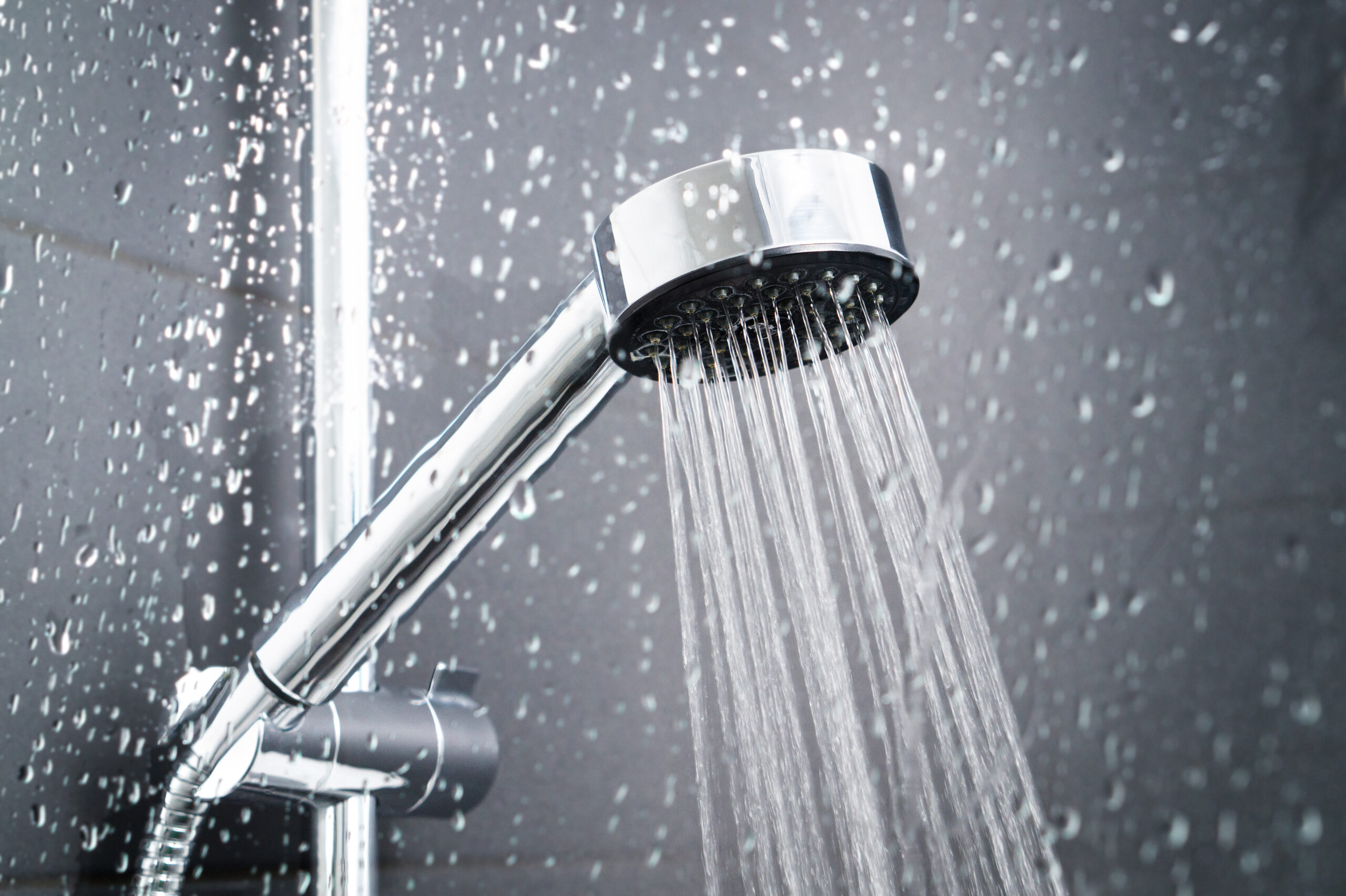The Health Effects of Hard Water vs. Soft Water

It’s no secret that the quality of water you drink and use plays a major role in your overall health. A big part of this equation is knowing the difference between hard and soft water and understanding their effects on your body.
Basics of Hard and Soft Water
Hard water contains a high concentration of dissolved minerals, such as calcium and magnesium. Soft water, on the other hand, has low levels of dissolved minerals.
In general, water can be classified as soft if it has less than 17 parts per million (ppm) of calcium or magnesium. Any water with more than 17 ppm of these minerals is considered hard.
Health Effects
While both hard and soft water are typically safe for drinking and day-to-day use, there are some key differences between the two that can affect your health.
For starters, hard water’s high mineral concentration can be beneficial to your overall health by helping you get your daily dose of essential minerals. Magnesium and calcium are both important for building strong bones and teeth as well as maintaining a healthy heart and brain. Drinking hard water can make it easier to get adequate amounts of these minerals. However, drinking soft water may be preferable for people with kidney stones or other medical conditions that require them to limit their intake of minerals.
On the other hand, hard water can contribute to skin issues. Washing your hair and skin with hard water can lead to dry, itchy skin. It can also change your skin’s pH balance and weaken its natural protective barrier against infections. Soft water may be gentler on the skin and reduce the risk of these issues.
Which Is Better?
Ultimately, there are pros and cons to both hard and soft water. Hard water can have a negative effect on your body, appliances, plumbing, and more. Equipment like a water softener can help improve water quality when necessary.
To learn more about the differences between hard and soft water and what you can do to improve your water quality, contact Butler Heating & Air Conditioning. Our plumbing, heating, and cooling specialists in Dayton, Ohio, can help you with indoor air quality assessments, furnace and air conditioning installation and repair, as well as water heater maintenance.

